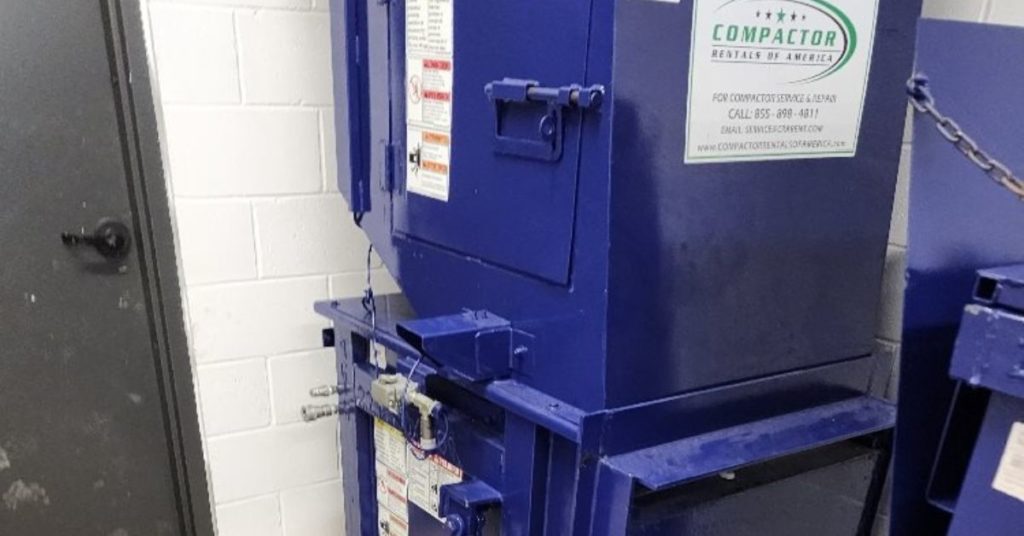Rapid worldwide urbanization brings multiple management challenges and opportunities for growth and expansion. Among the main difficulties, waste management emerges as a critical and complex issue that demands immediate attention. Growing cities face the dual challenge of ensuring a clean, healthy environment for their inhabitants while simultaneously striving to minimize their ecological footprint.
This increasing pressure requires a departure from traditional waste disposal methods, which often involve unsustainable practices like landfilling and incineration, and a movement toward more innovative, sustainable, and circular waste management practices. The evolution of waste management strategies is not just a response to the growing volume of waste but a solution for how growing cities are managing their waste.
Innovative Recycling Programs
One of the most significant steps toward efficient waste management is establishing sophisticated recycling programs. Growing cities are adopting more targeted, category-specific recycling initiatives to handle different types of waste, from household to industrial waste. By encouraging residents and businesses to segregate recyclables, cities can significantly reduce the volume of waste destined for landfills.
Public Awareness and Education Campaigns
Awareness and education are crucial in changing public attitudes toward waste generation and management. Cities are rolling out comprehensive campaigns to educate citizens about the importance of waste reduction, recycling, and proper disposal methods. Workshops, social media, and school programs facilitate a concerted effort to instill a culture of responsibility toward the environment.
Deployment of Specialized Machines
Cities are increasingly turning to technology to efficiently manage the colossal amount of waste generated daily. Waste balers and compactors are becoming indispensable tools in the urban waste management arsenal. These machines compress waste materials into manageable sizes, making it easier to transport and recycle them, optimizing the overall waste-handling process, and reducing operational costs considerably.
Implementing Zero-Waste Policies
The zero-waste movement is gaining momentum in urban areas, and it’s one of the best ways large cities can manage their waste. This ambitious approach focuses on reducing waste to the absolute minimum, recognizing that most industries can repurpose, reuse, or recycle used materials. Forward-thinking cities are adopting zero-waste policies, setting long-term goals to eliminate landfill use and conserve natural resources.
Collaborative Efforts With Private Sectors
Effectively managing urban waste requires collaborative governance and partnership with the private sector. Cities are engaging with waste management companies and recycling firms to innovate and implement efficient waste processing and disposal solutions. These partnerships leverage private sector expertise, financial resources, and innovation, contributing to smarter, more sustainable waste management systems.
As urban areas continue to grow, the pressure on waste management systems intensifies. Through advanced recycling programs, leveraging technology, raising public awareness, striving toward zero-waste goals, and fostering public-private collaborations, cities can pave the way toward more sustainable waste management.


